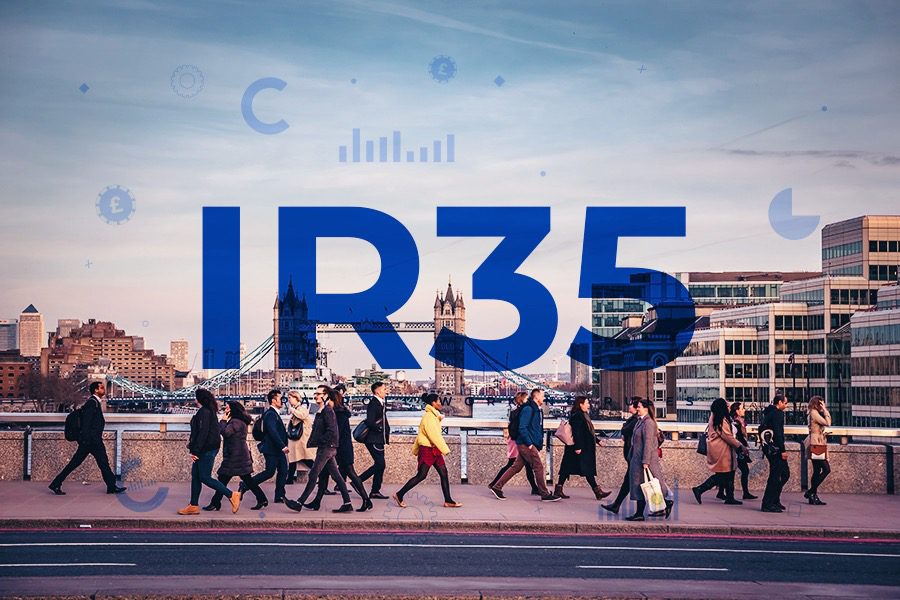IR35 was introduced as the Intermediaries Legislation in 2000, intending to address the government’s concern that individuals were using limited companies as a vehicle to work as a contractor despite the reality that they were actually serving in the manner of a regular employee.
By diverting most of the money as profits for the limited company and paying themselves an annual dividend, contractors can circumvent tax liabilities and pay significantly lower levels of income tax and National Insurance contributions. The IR35 rules are designed to prevent this practice by requiring individuals who use this arrangement – but are actually working as a permanent employee – to follow certain rules.
The latest IR35 changes came into effect in April 2021. These rules are now applicable to individuals across all sectors, although they do not yet cover small businesses outside of the public sector. Importantly, the new changes transfer the responsibility of determining employment status from the individual to the company they are working for. Subsequently, organizations must be mindful of how the new IR35 rules impact their operations.
When Does IR35 Apply?
In order to understand whether a worker may be required to follow IR35 rules, these three principle tests of employment should be asked:
- Supervision, direction and control: What, if any, degree of control does the company have over how and where the work is completed?
- Substitution: Is the worker providing a personal service that they must complete or could they provide a substitute in their place?
- Mutuality of obligation: Must the company offer work and is the worker obligated to accept it?
In order to classify the worker outside of the IR35 rules, the company will need to demonstrate that these conditions do not apply.
Other key questions to ask when establishing if a worker as should be considered as a permanent employee include the following:
- Does the company supply the worker with equipment to do their job?
- Does the worker work full time?
- Is the worker integrated into the company organization? For example, do they work with other full time, permanent employees as part of their team? Do they appear in organization charts?
If the answer is yes to some or all of these questions, the worker is likely to be considered as a permanent employee and will therefore be required to follow IR35 rules.
How Can GoGlobal Help?
If you have contractors working for you in the UK, they may well need to be considered as employees. GoGlobal can assist you with that evaluation. Furthermore, if you are not established in the UK, we can act as the Employer of Record (EOR) for these workers. By employing workers compliantly and ensuring all due statutory contributions are paid, GoGlobal helps clients mitigate the risk of substantial fines for breach of IR35 legislation.
About GoGlobal
GoGlobal is the world’s fastest growing, privately owned Global Employer of Record (EOR) service provider, with a globally distributed and remote workforce. GoGlobal’s technology-enabled EOR solution allows businesses of all sizes and geographies to hire staff globally without the need to set up a local entity, opening new doors to rapid expansion and growth. GoGlobal clients can hire top talent anywhere in the world – quickly, cost effectively and compliantly.
